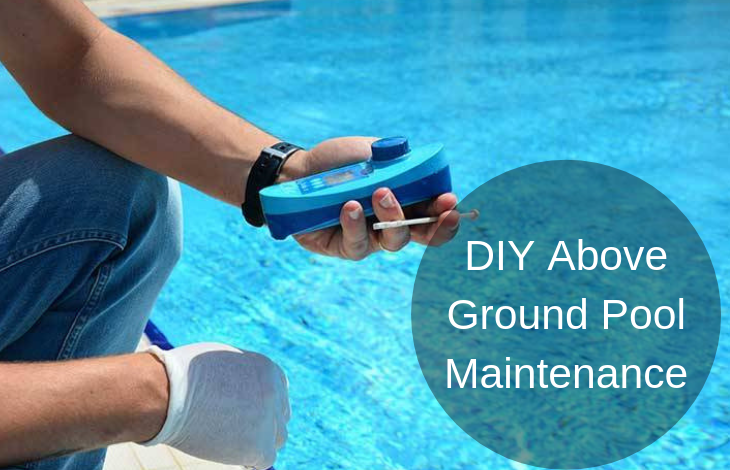A swimming pool is an amazing addition to your home allowing you to enjoy a refreshing dip any time of day. An entertainers dream, pool parties, bbqs and endless memories with family and friends.
In this article, we compiled a few tips on how to affordably maintain your pool. Whether you are a new or seasoned owner of an above ground pool in Australia, these tips could save you some time and money.
Regular Cleaning
The first thing you can make a habit of is to clean your pool regularly. The frequency and intensity of cleaning vary depending on how you use the pool as well as how much debris gets into it.
If there is a tree that regularly sheds leaves, spores or pollen, near your pool, then you may need to add pool cleaning to your daily work out routine. You can use your leaf skimmer to scoop out leaves and other debris from your pool before they get soggy and sink to the bottom.
If organic material accumulates in your pool, it can promote the growth of bacteria that could be hard to manage. Moreover, if there is too much dirt in your pool, it could clog your filters. Regular cleaning reduces the burden on your filters. Prevention is key!
If you can, invest in an automated cheap swimming pool vacuum that you can program to clean the bottom of your pool every few days or on a weekly schedule. This will save you a lot of time and energy. Regular vacuuming prevents the development of murky, slimy layers at the bottom of your pool.
Maintain pH levels
Many people overlook the necessity of checking the pH of their swimming pools. You can use pH strips to test the acidity or alkalinity of a substance. The appropriate pH for your swimming pool is between 7.2 and 7.8, which is close to neutral.
If the pH of your pool is above 8, the efficiency of chlorine will be low and you will need more of it to keep the water fresh. Lower pH means you can save on chlorine costs. However, if the pH is not well balanced, it could cause skin rashes or eye irritation.
Maintain Water levels
If the level of water in your pool keeps fluctuating, you could be unknowingly incurring unnecessary maintenance costs. If you don’t control the water getting into your pool, then your utility bills could rise when the water levels get too high. Moreover, when there is too much water in the pool, you need more chlorine to keep it clean.
On the other hand, if the water levels get too low, your pump could run dry. Running dry can seriously damage the pump and cost you a lot in repairs.
If all this seems tooo much, there are experts that can do the job for you.

